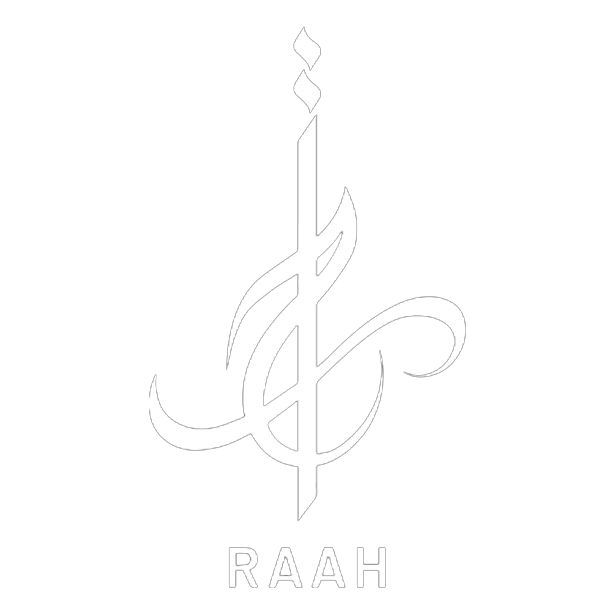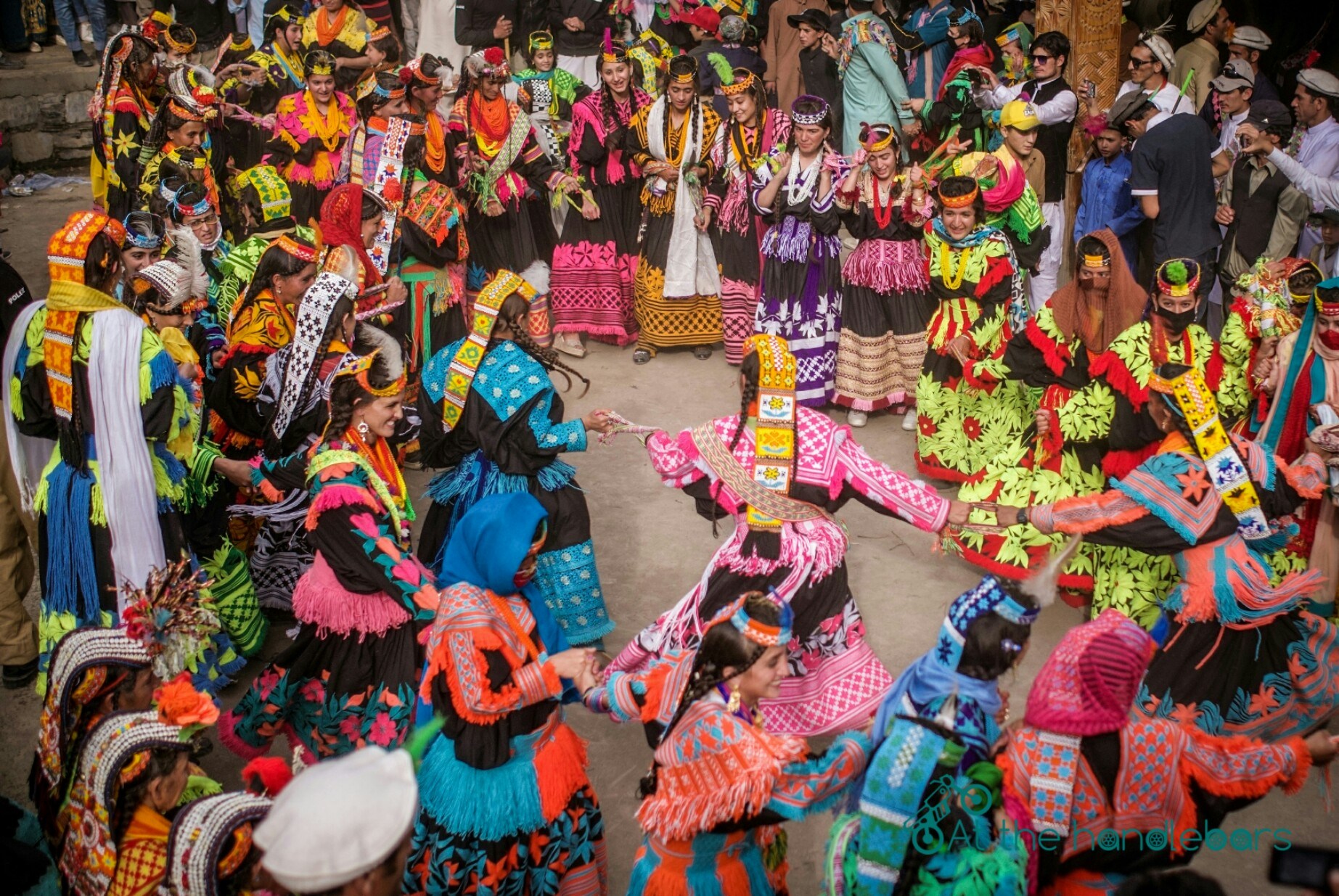Mythology, encompassing the collection of traditional stories, legends, and beliefs of various cultures, has played a vital role in shaping human understanding of the world, gods, heroes, and moral values. These stories hold deep cultural significance, often reflecting societal norms and universal themes that resonate across generations.
In the realm of modern game design, storytelling has become a core component, engaging players through compelling narratives, immersive worlds, and memorable characters. As interactive media, games offer a unique platform to adapt and reinterpret mythological themes, blending ancient stories with innovative gameplay mechanics.
This article explores how mythological influences continue to inspire contemporary game design, illustrating the enduring power of these timeless stories and archetypes in creating engaging player experiences. From early references to modern myth-inspired titles, we will examine the multifaceted ways mythology informs character development, narrative structure, visual art, mechanics, and cultural sensitivity.
Table of Contents
- The Roots of Mythology in Early Gaming Concepts
- Mythological Archetypes and Their Role in Game Characters
- Mythology as a Narrative Framework in Game Design
- Visual and Artistic Influences of Mythology in Modern Games
- Mechanics and Gameplay Inspired by Mythology
- The Impact of Mythology on Game Artifacts and Environment Design
- Ethical and Cultural Considerations in Mythology-Inspired Games
- The Evolution of Mythology in Digital and Interactive Formats
- Case Study: «Le Zeus» as a Modern Mythological Game
- Conclusion: The Enduring Power of Mythology in Shaping Modern Games
The Roots of Mythology in Early Gaming Concepts
In the early days of gaming, mythological themes served as a rich source of inspiration, offering familiar narratives and characters that could be adapted into interactive formats. Classic arcade titles, tabletop role-playing games, and early video games often drew upon mythic motifs to evoke a sense of grandeur and adventure.
For example, titles like God of War (initially a mythologically themed action game) and tabletop games like Dungeons & Dragons incorporated gods, monsters, and legendary heroes into their mechanics and storytelling, establishing a foundation for myth-inspired gaming.
As game mechanics evolved, the transition from myth-inspired narratives to gameplay elements—such as divine powers or mythological creatures—became a hallmark of creating immersive worlds that invoke a sense of epic scale and timeless conflict.
Mythological Archetypes and Their Role in Game Characters
Archetypes derived from myth—such as the hero, the trickster, the divine ruler, and the monstrous antagonist—serve as fundamental building blocks for character development in modern games. These archetypes resonate deeply with players, providing instant recognition and emotional engagement.
In myth, heroes like Hercules or Odysseus embody resilience and cunning, while gods such as Zeus or Athena symbolize divine authority and wisdom. Modern games often reinterpret these figures to create compelling characters that embody universal themes.
For instance, in the game LE ZEUS GAMEPLAY, Zeus is portrayed as a powerful, divine figure, embodying the archetype of the supreme deity. Such portrayals tap into the collective consciousness, enriching gameplay through archetypal familiarity.
“Archetypes rooted in mythology provide a universal language that enhances character relatability and depth, making mythological themes timeless in game design.”
Mythology as a Narrative Framework in Game Design
Game stories often leverage mythological frameworks to structure their plots, quests, and conflicts. These narratives provide a sense of gravitas and familiarity, guiding players through a universe where divine conflicts, hero’s journeys, and moral dilemmas are central themes.
For example, the myth of Titans versus Olympian gods offers a rich backdrop for narrative conflicts—representing chaos versus order—that can be adapted into game plots involving rebellion, divine intervention, and epic battles.
Such myth-inspired storytelling ensures thematic depth and continuity, creating immersive experiences where players can explore timeless conflicts in a modern context.
Visual and Artistic Influences of Mythology in Modern Games
Visual design in modern games often incorporates mythological symbols, motifs, and iconography to evoke cultural authenticity and thematic resonance. Artists draw inspiration from ancient art, architecture, and sacred symbols to craft compelling worlds.
A good illustration of this is seen in titles like LE ZEUS, where Greek mythological themes are reflected through architectural elements resembling ancient temples, divine relics, and symbolic motifs like lightning bolts and laurel wreaths. These visual cues deepen immersion and reinforce mythic themes.
Such artistic choices serve to bridge the ancient and the modern, creating a visual language that communicates the mythic significance of characters and settings.
Mechanics and Gameplay Inspired by Mythology
Game mechanics often incorporate myth-based powers, divine interventions, and legendary abilities to enrich gameplay. These mechanics not only add excitement but also reinforce the mythological narrative.
For instance, divine rule concepts—where players assume the role of gods or demi-gods—can influence gameplay through abilities like lightning strikes, summoning creatures, or manipulating fate. In LE ZEUS, divine powers are central to the experience, allowing players to harness mythological abilities that reflect Zeus’s sovereignty and authority.
Such mechanics create a gameplay environment where myth and interactivity meet, offering players a sense of divine empowerment and epic scale.
The Impact of Mythology on Game Artifacts and Environment Design
World-building in myth-inspired games often involves designing environments reminiscent of mythological settings—such as Mount Olympus, Greek temples, or underworld realms. Artifacts like divine relics, enchanted weapons, and sacred symbols serve as key items that deepen the mythic atmosphere.
In «LE ZEUS», ancient Greek temples and relics influence the environment design, creating settings that evoke sacred spaces filled with symbolic artifacts. These elements not only enhance visual storytelling but also serve as gameplay mechanics, where artifacts may grant special powers or unlock new quests.
| Artifact | Mythological Inspiration | Game Element |
|---|---|---|
| Lightning Bolt | Zeus’s weapon of choice | Special attack mechanic |
| Golden Laurel | Symbol of divine victory | Power-up item |
Ethical and Cultural Considerations in Mythology-Inspired Games
Portraying mythological figures demands sensitivity and respect for cultural origins. Developers must navigate cultural sensitivities, avoiding stereotypes and misrepresentations that could offend or misappropriate sacred stories.
Modern regulations, such as the EU Directive 2019/882 (European Accessibility Act), influence game content and design, emphasizing inclusivity and cultural respect. These standards encourage developers to present mythological themes thoughtfully, ensuring accessibility and cultural sensitivity.
“Respectful storytelling that honors cultural origins enriches the gaming experience and fosters cross-cultural understanding.”
The Evolution of Mythology in Digital and Interactive Formats
From static retellings in ancient texts to dynamic, interactive experiences, mythology has evolved significantly in digital media. Interactive storytelling allows players to engage with myths directly, making choices that influence outcomes and deepen immersion.
Today’s digital platforms redefine mythological storytelling by integrating multimedia, gamification, and user-generated content. Future trends point toward blending traditional myths with innovative mechanics—such as augmented reality or AI-driven narratives—creating personalized mythic journeys.
This evolution ensures that myth remains relevant, adaptable, and engaging for new generations of players, highlighting its timeless appeal.
Case Study: «Le Zeus» as a Modern Mythological Game
«LE ZEUS» exemplifies how contemporary game design can embed mythological archetypes and narratives into an engaging experience. The game’s visual style, mechanics, and storytelling draw heavily from Greek myth, portraying Zeus as a divine ruler wielding lightning and authority.
Its design showcases the integration of mythological symbols, divine powers, and epic conflicts, providing players with an experience that echoes timeless stories while utilizing modern gameplay mechanics. The game’s reception demonstrates how myth-inspired titles can resonate with audiences seeking both entertainment and cultural storytelling.
The success of such titles underscores the potential of mythological themes to shape innovative, immersive games that respect cultural origins while appealing to contemporary audiences.
Conclusion: The Enduring Power of Mythology in Shaping Modern Games
Mythology remains a vital source of inspiration for modern game design, offering archetypes, narratives, and visual motifs that enrich player experiences. Its ability to connect universal themes with interactive storytelling makes it a timeless element in the evolution of games.
Through careful cultural consideration and innovative mechanics, game developers continue to harness mythological stories to create immersive worlds that resonate across generations. As technology advances, the blending of myth with digital media promises even more dynamic and culturally meaningful gaming experiences.
Understanding these influences not only enhances game development but also fosters appreciation for the cultural heritage embedded within these modern narratives.
























